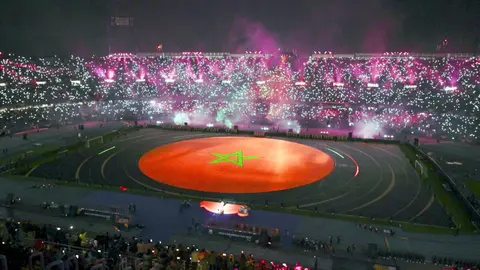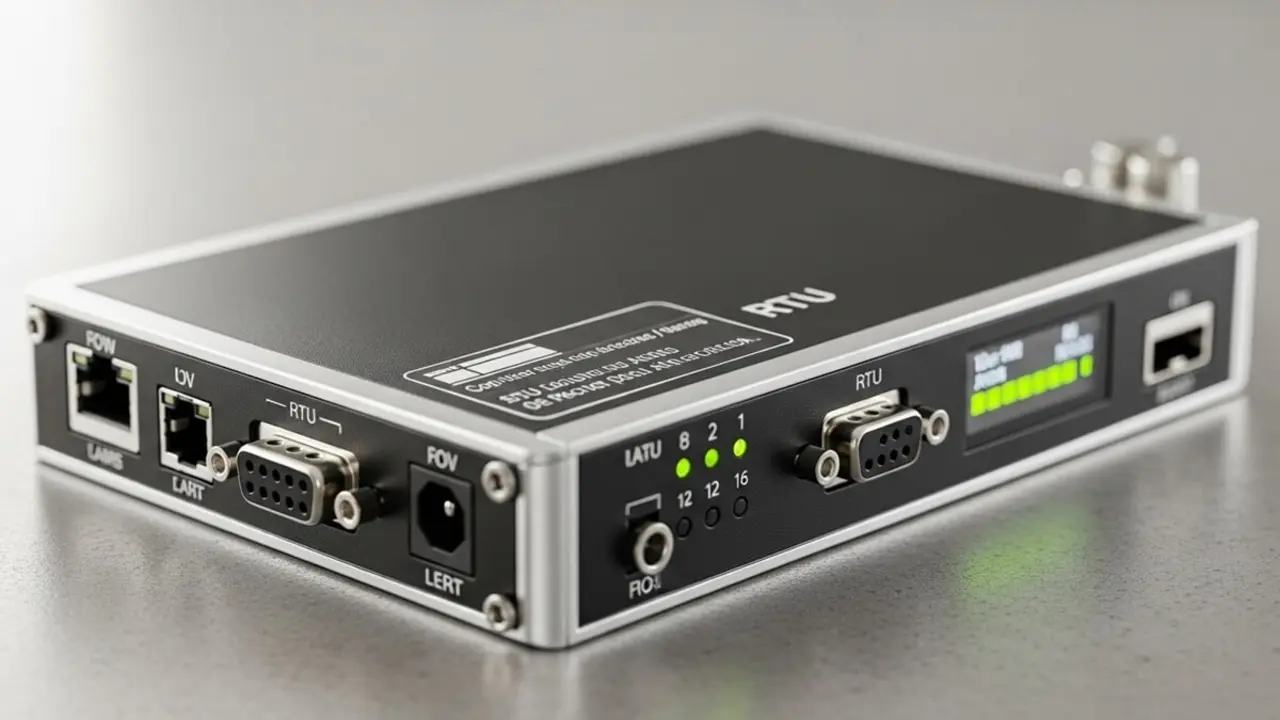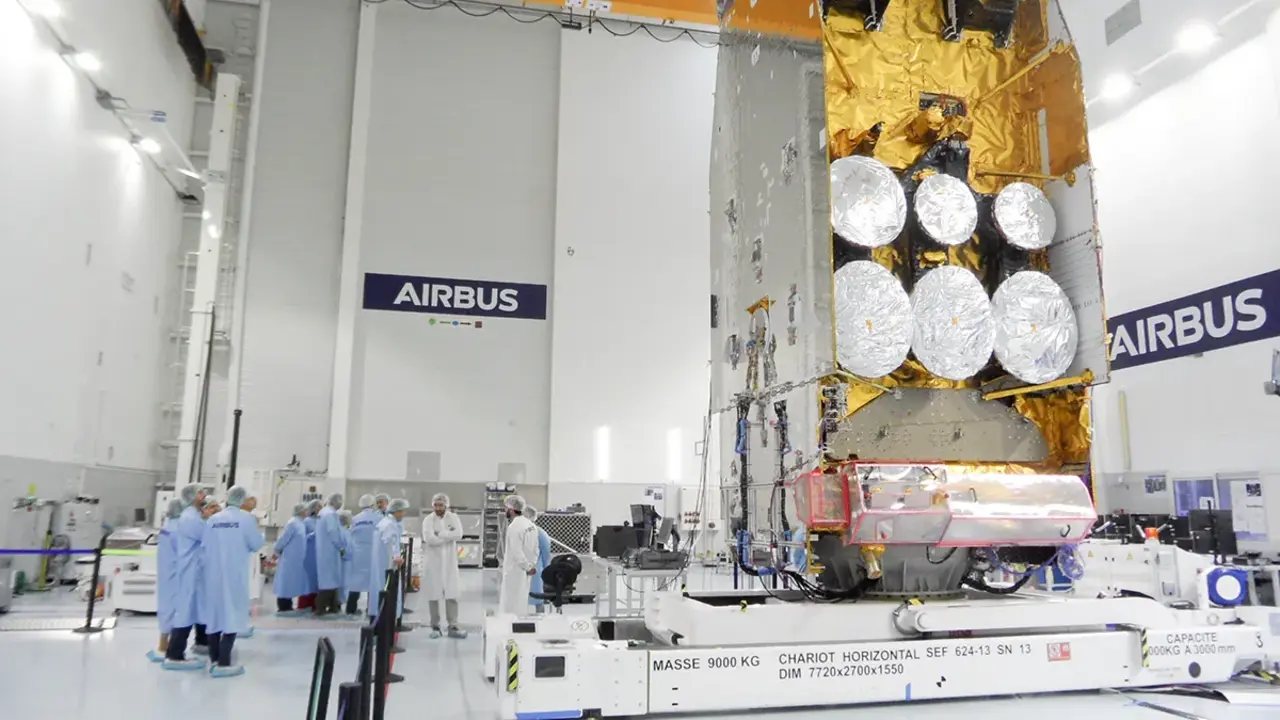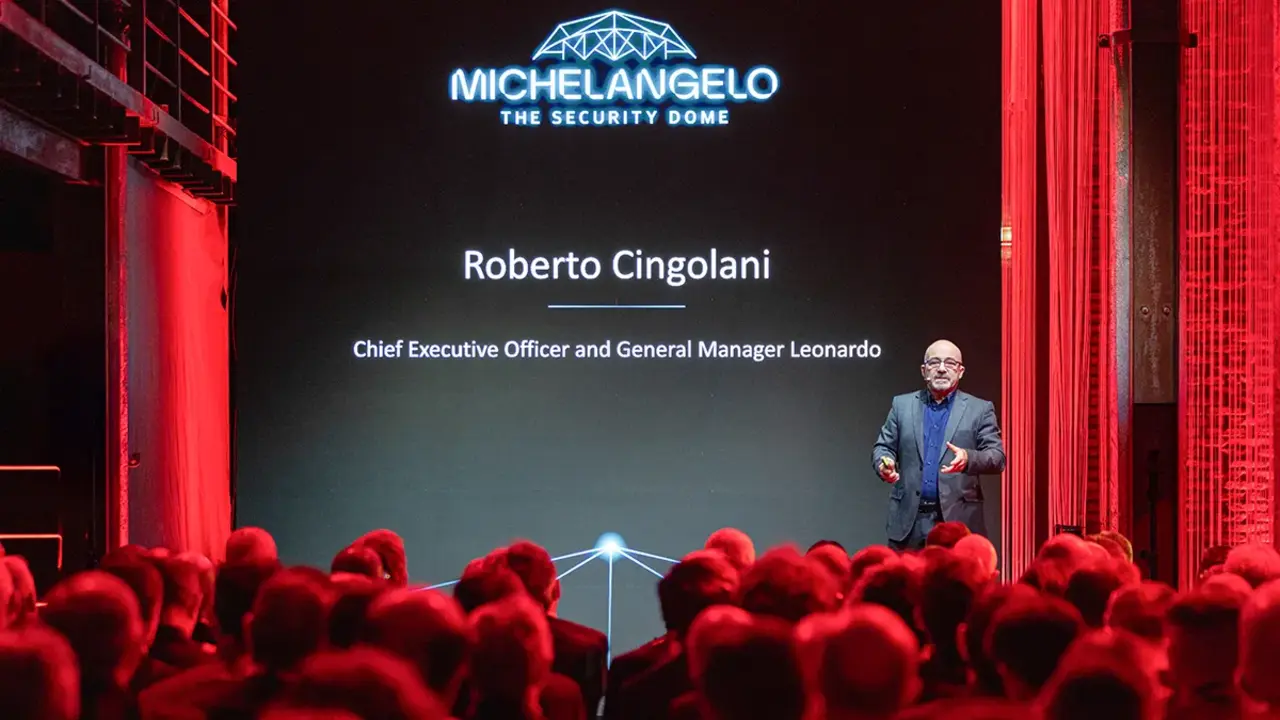Morocco digitises its Civil Registry with a historic investment of 19.4 million dollars
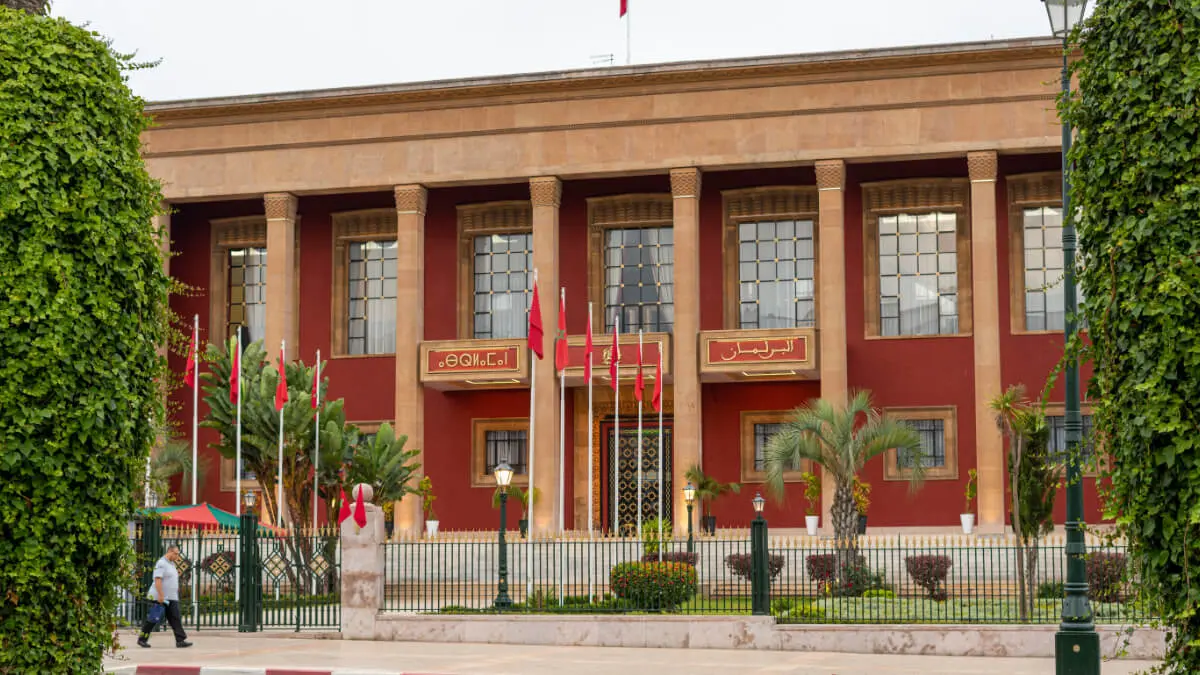
The Moroccan government has launched an unprecedented national project to completely digitise the Civil Registry in all prefectures and provinces across the country. With an investment of 194 million dirhams (approximately 19.4 million dollars), this initiative aims to transform more than a century of paper documentation into a modern, secure database accessible to all citizens.
The Directorate General of Territorial Communities (DGCT), under the Ministry of the Interior, announced the project through an international tender. The main objective is to digitise more than 38 million records, dating back to 1915, when the civil registry system was established in the country. These documents are currently distributed across 1,821 offices located in Morocco's ten regions.
The digitisation process will be carried out in two stages. The first phase will cover 27 million paper records that have never been digitised. This stage will involve numbering, manual data entry and rigorous verification. The second phase will address more than 11 million existing digital records, which will be audited, indexed and undergo advanced security enhancements.
Priority will be given to birth records after 1950 and death records after 2003, due to their administrative relevance and high demand from citizens.
The project aims to create a centralised database connecting all civil registry offices to a unified information system. This infrastructure will enable real-time data exchange between public institutions, streamlining administrative procedures, improving service quality and consolidating the digital transformation of the Moroccan administration.

The tender has been divided into five geographical lots, with a deadline for submission of 29 May. The first lot covers the Fez-Meknès region, with a budget of 36.7 million dirhams (3.67 million dollars), while the second is for Marrakech-Safi, with 38.6 million dirhams (3.86 million dollars).
The third lot covers the southern regions (Souss-Massa, Dakhla-Oued Ed-Dahab, Guelmim-Oued Noun and Laâyoune-Sakia El Hamra), with 34 million dirhams (3.4 million dollars), and the fourth the regions of Beni Mellal-Jenifra and Draa-Tafilalet, with 39.5 million dirhams (3.95 million dollars).
Finally, the fifth and largest batch will go to Tangier-Tetouan-Al Hoceima and the Eastern region, with 45.5 million dirhams (4.55 million dollars).
This initiative is one of a series of measures to modernise public services in the country. In 2023, Decree No. 2.22.04 was adopted, regulating Law No. 36.21 on civil registration and introducing electronic pre-declarations of births, deaths, marriages and divorces.
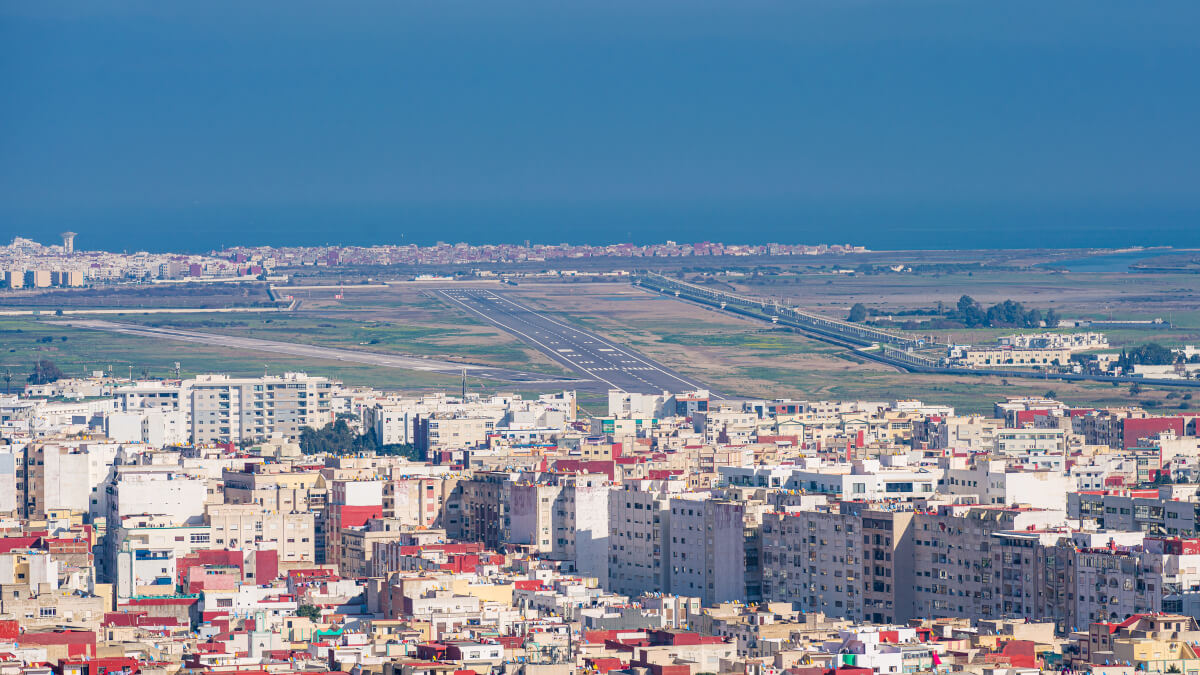
Other recent measures include the digitisation of children's medical records announced by the National Observatory for Children's Rights (ONDE), and the national expansion of the electronic business creation platform by the Moroccan Office for Industrial and Commercial Property (OMPIC), with the aim of promoting entrepreneurship and creating 3,000 start-ups by 2030.
In addition, a partnership agreement was signed this month between the Ministry of Digital Transition and the Ministry of Industry and Trade to accelerate the digitisation of trade in Morocco.
The public response to these initiatives has been very positive. A survey conducted in September 2024 by L'Économiste and the Sunergia Group revealed that 67% of Moroccans perceive a simplification of administrative procedures thanks to digitalisation, compared to 58% in 2023. Similarly, 69% of those surveyed said they manage their own procedures, with young people between the ages of 18 and 24 being the most enthusiastic about digital services.
The digitisation of the Civil Registry represents a strategic step forward in the royal guidelines on the modernisation of public administration and is a key pillar of the national programme to strengthen digital infrastructure and citizen trust in government services.

